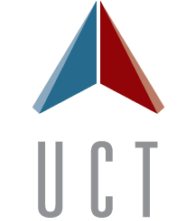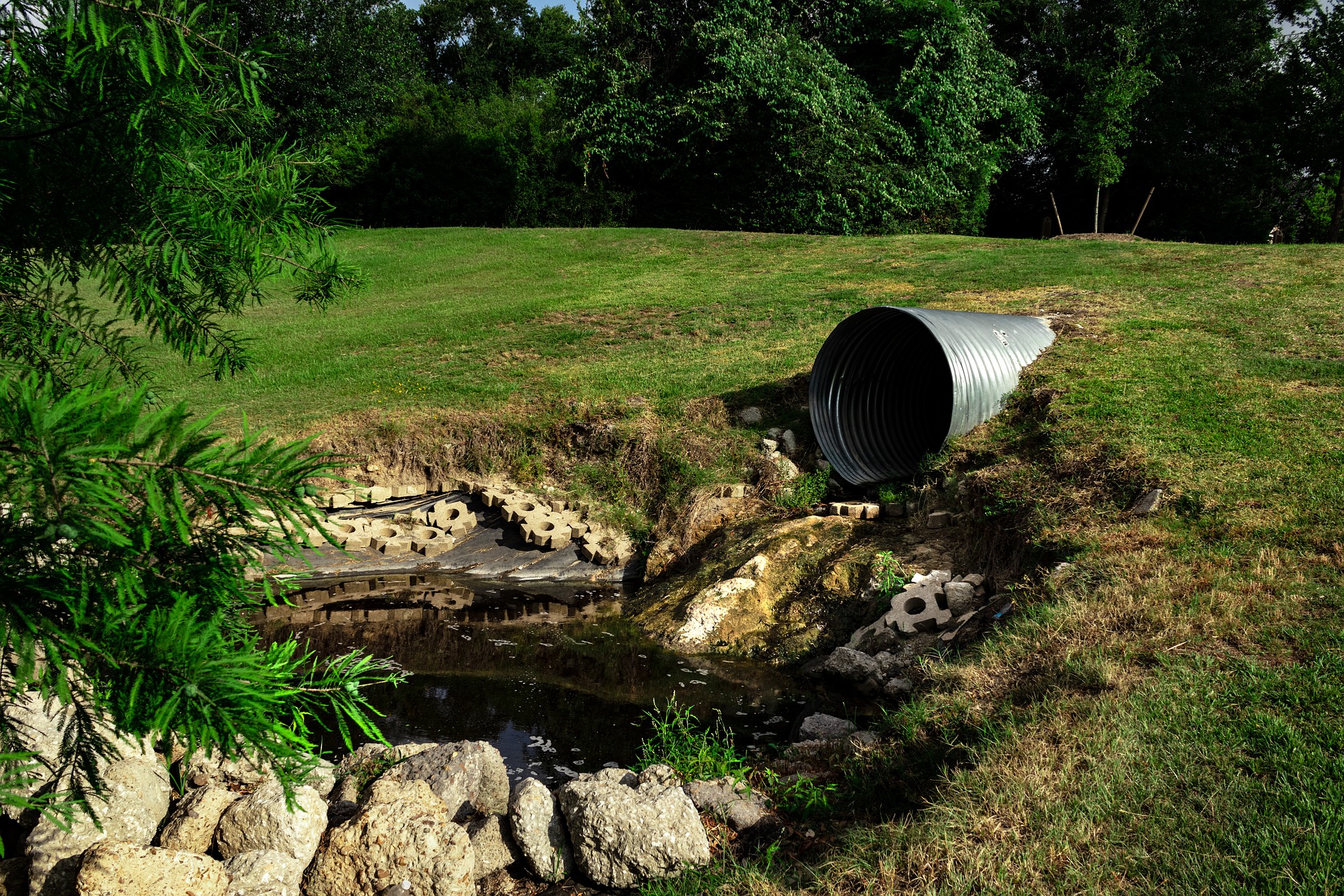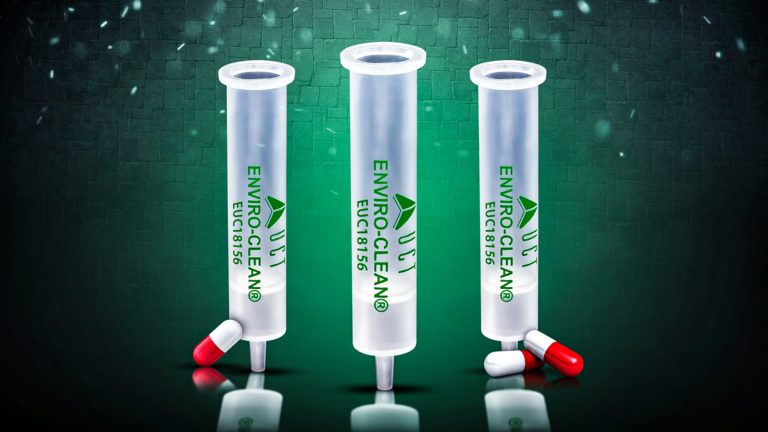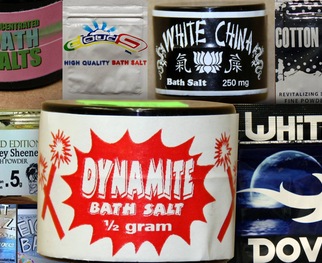UCT XtrackT® Solid Phase Extraction Sorbent Cited in Environmental Analysis Article
In a recent paper authored by Meena K. Yadav et al., published in Environmental Science and Pollution Research (https://doi.org/10.1007/s11356-018-2464-6), UCT’s XtrackT® solid phase extraction sorbent (XRDAH506) was employed in a validated method to isolate several illicit drugs from urban waste water samples in South Australia. Reports of illicit drugs in various environmental waters has been reported previously and very little is known about their ecotoxicological consequences.
The occurrence of five drugs of abuse in raw influent and treated effluent wastewater was investigated over a period of 1 year in the Adelaide region of South Australia. Five drugs, including cocaine in the form of its metabolite benzoylecgonine (BE), methamphetamine, 3,4- methylenedioxymethamphetamine (MDMA) and two opioids (codeine and morphine) were monitored during the period of April 2016 to February 2017. Alongside concentrations in raw sewage, the levels of drugs in the treated effluent were assessed and removal efficiencies were calculated.
Drug concentrations in the waste water samples were measured after extraction using the XtrackT® XRDAH 506 followed by analysis by LC-MS/MS. Drug concentrations detected in the raw wastewater ranged from 7-6510 ng/L and from less than the analytical limit of detection to 4264 ng/L in treated effluent samples. Drug removal rates varied seasonally and spatially.
Results showed that all the targeted drugs were on average incompletely removed by wastewater treatment, with removal performance highest for morphine (94%) and lowest for MDMA (58%). A screening-level environmental risk assessment was subsequently performed for the drugs based on effluent wastewater concentrations. Based on calculated risk quotients, overall environmental risk for these compounds appears low, with codeine and methamphetamine likely to pose the greatest potential risk to receiving environments. Given the recognized limitations of current ecotoxicological models and risk assessment methods for these and other pharmaceutical drugs, the potential for environmental impacts associated with the continuous discharge of these compounds in wastewater effluents should not be overlooked.
Drugs of abuse research extends beyond a clinical setting and into the ecological sector as well. Scientists in both environmental and forensic laboratories are familiar with UCT’s line of sorbents, including XtrackT® columns. For more information regarding UCT methods and applications go to www.unitedchem.com.






